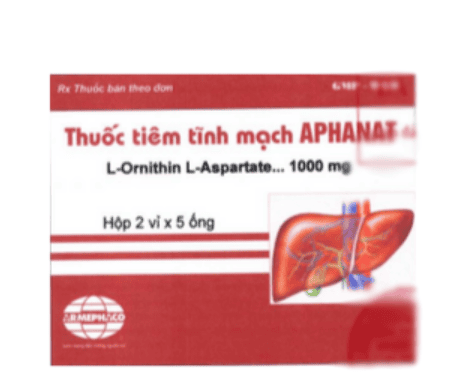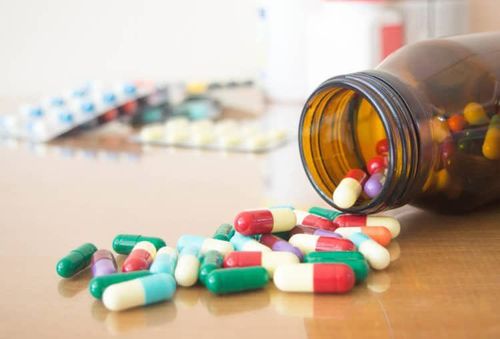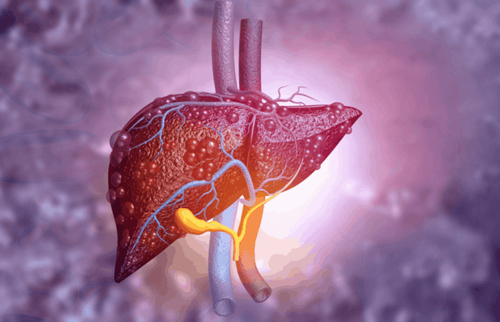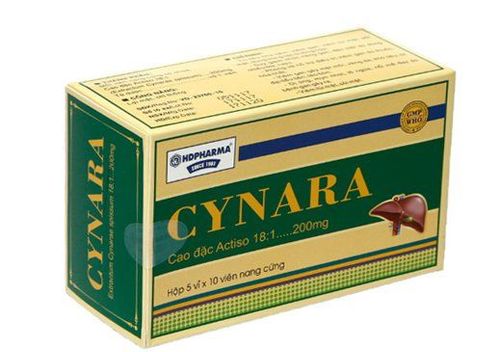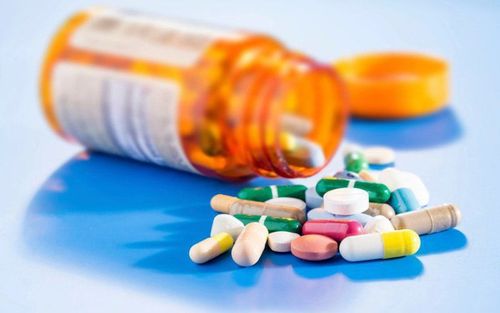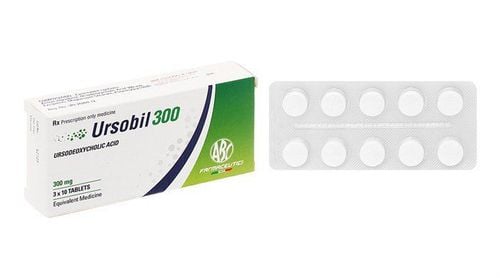This is an automatically translated article.
The article is professionally consulted by Master, Doctor Vu Tan Phuc - Gastroenterologist - Department of Examination & Internal Medicine - Vinmec Phu Quoc International General HospitalThe liver is one of the most important organs of the body. So many different factors can directly damage the liver, so how not to damage the liver?
1. Why is it important to protect a healthy liver?
Many of us don't realize that the liver is an important key in the digestive system. Anything that a person eats or drinks (including medication) is metabolized in the liver. The liver is an extremely vulnerable organ if not taken care of, and once damaged too much, the liver will not be able to recover to its original state. For that reason, we need to pay attention to keeping the liver healthy and functioning properly.The liver is about the size of a football and is located in the right lower quadrant (in the lower right part of the ribcage). The liver performs many important functions. The first is the detoxification function, the liver will remove harmful substances in the blood created by the body. The next liver function is the production of bile (bile is an indispensable component in the digestion of fats). Energy storage is also a role of the liver, when the body lacks energy, the liver will quickly release and supply the missing part.
Keeping the liver healthy is nothing special or difficult. All it takes is just maintaining a healthy lifestyle practice. It is not enough to eat foods that are good for the liver, but most importantly, to avoid things that are harmful to the liver.
2. Methods to protect a healthy liver
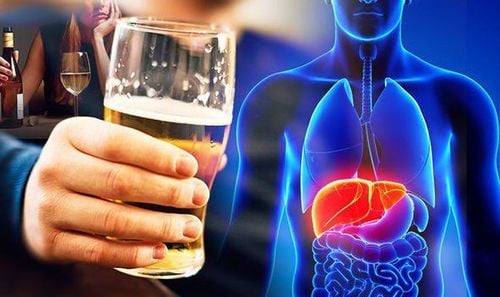
Don't drink too much alcohol: abuse of alcohol and alcoholic beverages causes serious damage to liver cells and leads to serious consequences. life-threatening results such as decompensated cirrhosis. After drinking, part of the alcohol in alcohol is broken down by the digestive system, the rest will be metabolized in the liver. Substances with the potential to cause liver damage are produced during metabolism. The more alcohol you drink, the greater the chance of liver damage. However, how much alcohol is too much, and what is alcohol abuse is a question that many people care about. The effects of alcohol on the liver as well as the development of liver diseases are related to the amount and duration of alcohol use. The volume of alcohol in a drink is estimated by multiplying the volume of the drink (in mL) by the percentage of alcohol. For example, the alcohol volume of 45 mL of an 80 proof drink (proof is a commonly used unit of alcohol strength in the United States, 2 proof = 1% alcohol, 80 proof is equivalent to 40% alcohol) is 45 x 40% = 18 mL. Each mL contains approximately 0.79 g of alcohol. Although the value can vary, normally in the market the alcohol content of beer ranges from 2% to 7%, the alcohol content of alcohol ranges from 10% to 15%, and thus a cup 12 ounce beer (oz, with 1 oz ~ 29.57 mL, 12 oz ~ 355 mL) contains approximately 5 g to 20 g alcohol, a 5 oz cup (~ 147.85 mL) contains approximately 12 g to 18 g alcohol , while a 1.5 oz (~44.36 mL) cup of spirits contains about 14 g of alcohol. According to US government recommendations, men should not consume more than 28 g of alcohol per day and women no more than 14 g of alcohol (if you only drink alcohol occasionally, men should not exceed 56 g of alcohol per day). drinks, women no more than 42 g alcohol).
Eat a healthy, balanced diet, exercise regularly: maintaining a healthy lifestyle not only helps protect the liver but also helps in all aspects of health. Weight control is also an aspect to consider, as it helps prevent nonalcoholic fatty liver disease (NAFLD), one of the leading causes of cirrhosis.

Evaluate the liver's ability to work through liver enzyme tests; Evaluation of bile function; vascular nutrition; Early screening for liver cancer; Perform tests such as total blood cell analysis, blood clotting ability, screening for hepatitis B, C. Assessment of hepatobiliary status through ultrasound images and diseases that have the potential to affect liver disease/exacerbation of liver disease. In-depth analysis of parameters to evaluate hepatobiliary function through laboratory and subclinical tests; the risk of affecting the liver and early screening for hepatobiliary cancer.
Please dial HOTLINE for more information or register for an appointment HERE. Download MyVinmec app to make appointments faster and to manage your bookings easily.
Article reference source: webmd.com




